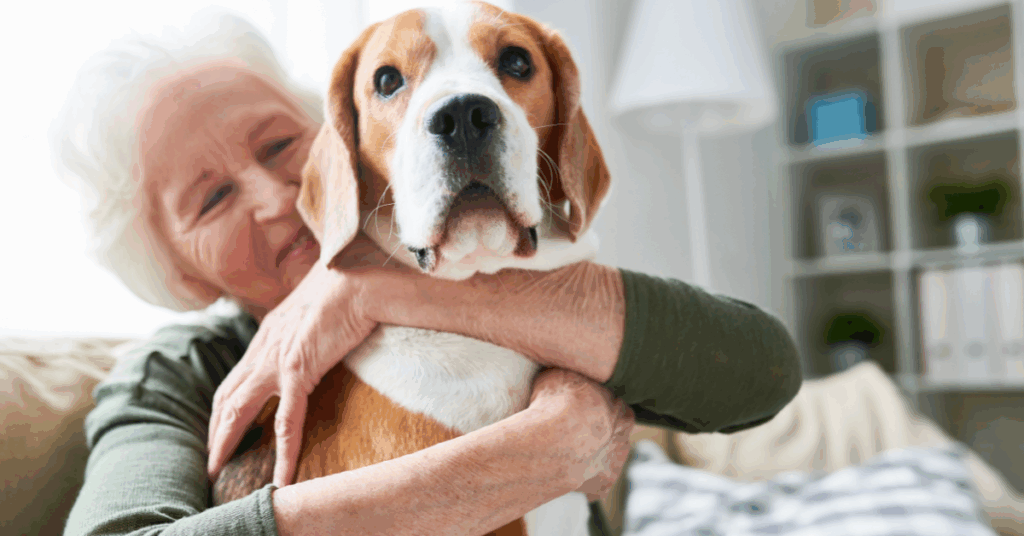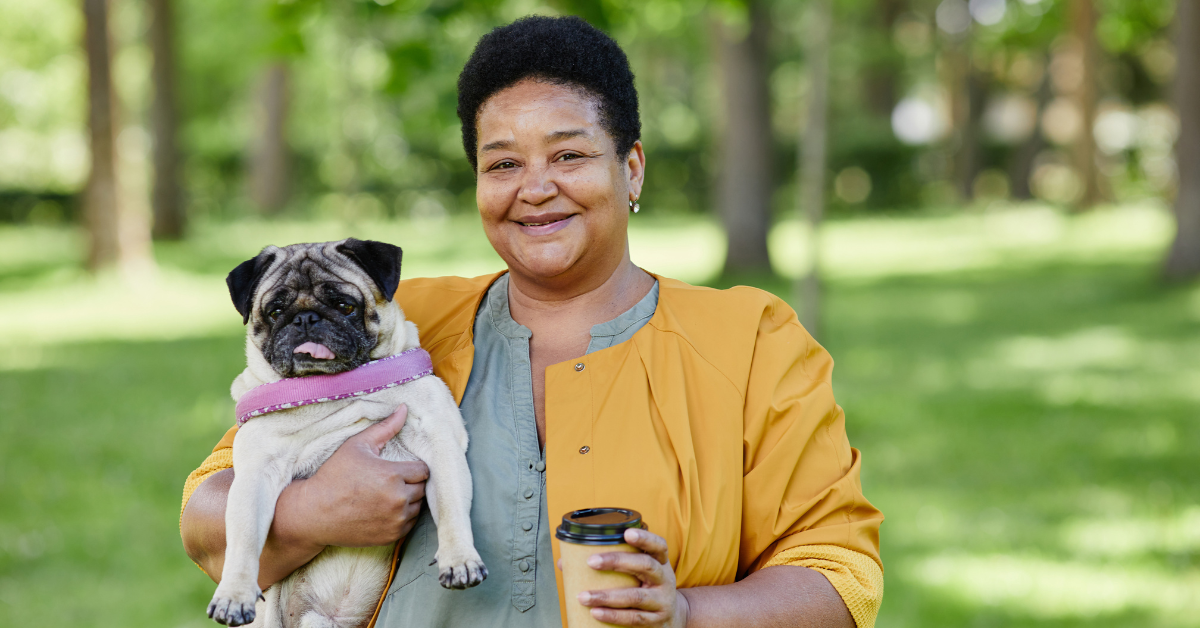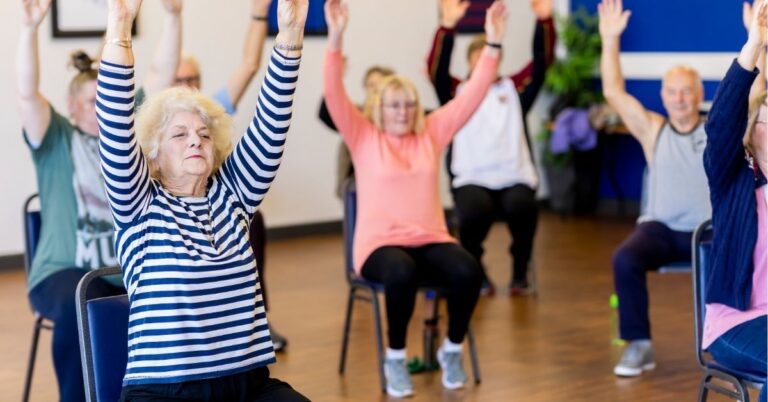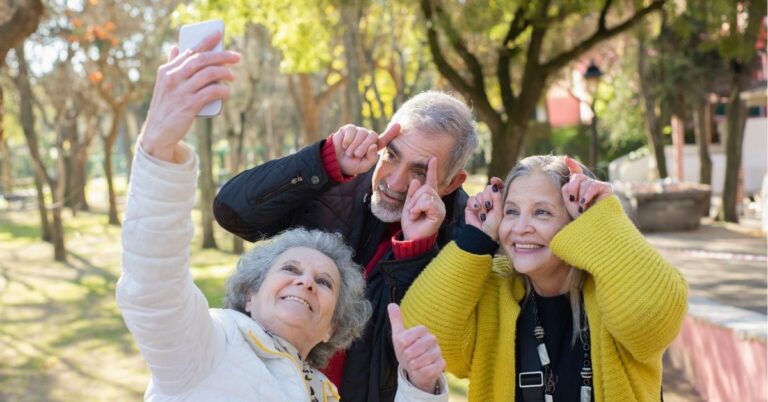Active senior living in Chattanooga, TN, takes on new meaning when you share your days with a loyal companion who offers unconditional love, emotional support and genuine purpose that can completely reshape your independent living experience. The bond between you and your pet reaches far deeper than simple friendship. Something beautiful happens when you pet an animal—your body releases endorphins that naturally promote relaxation while melting away stress, anxiety and depression. Your four-legged friend also brings real physical advantages. Those daily walks with your dog do more than provide fresh air; they boost your movement, support better mobility and strengthen your cardiovascular health.
The Role of Pets in Independent Living
How pets ease the transition to independent living
When you care for a pet, you create a structure that gives you both responsibility and purpose. This predictable schedule becomes your anchor during uncertain times. Morning feedings, afternoon play sessions, evening walks—these moments create steady points in your day that feel reassuring and normal. Your pet’s needs also encourage healthy patterns:
- Daily walks keep you moving and active
- Feeding times mark natural breaks throughout your day
- Grooming and play offer activities that feel both enjoyable and meaningful
The emotional bond between seniors and pets
Your pet loves you without conditions or judgment, creating a haven where you can simply be yourself. This kind of relationship offers security that becomes especially precious during times of change.
The comfort goes deeper than emotional support. Spending time with your pet actually lowers stress and promotes relaxation. When you stroke your dog’s fur or hear your cat purr, your body responds by releasing serotonin and oxytocin—those feel-good hormones that naturally lift your spirits.
Health and Wellness Benefits for Seniors
Lower stress and anxiety levels
Your body responds remarkably well to the presence of a furry friend. When you interact with animals, something fascinating happens at the biochemical level—your cortisol levels (that troublesome stress hormone) actually decrease while your body simultaneously increases oxytocin production, which promotes feelings of love and trust. This natural balance creates a calming effect that works particularly well for seniors. The numbers tell an encouraging story. Pet ownership is significantly associated with lower self-reported anxiety symptoms. Even something as simple as stroking your dog or cat releases endorphins—those natural mood boosters that help stabilize your emotions

Better sleep and daily structure
Pet therapy makes a real difference in sleep quality for seniors. Caring for a pet also provides those consistent daily routines that give structure to your day. Among pet owners their pets helped them stick to a routine. This predictability builds healthy patterns that support better sleep, improved emotional well-being and a stronger sense of purpose—all essential pieces of thriving in independent living environments.
Choosing the Right Pet for Your Lifestyle
Factors to consider: size, care needs, temperament
Here are key considerations that will guide your choice:
- Activity level and mobility – Your pet’s energy should match yours. Less active seniors often find joy with low-maintenance companions like cats or fish, while those who love regular movement might treasure the friendship of a small dog who enjoys daily walks
- Living space – Pet-friendly senior communities typically welcome smaller pets like cats, small dogs or even small mammals
- Health considerations – Allergies matter. Hypoallergenic breeds or non-shedding pets can help you avoid unnecessary discomfort
- Financial planning – Pet care involves ongoing expenses for food, supplies and veterinary visits
Best pets for independent living environments
Certain pets shine in senior living settings, each bringing their own special qualities: Cats make wonderful companions. They handle their own grooming, show affection on their terms and never need outdoor walks. Gentle breeds like Birman and Ragdoll are especially loving and calm. Small dog breeds deliver loyalty without overwhelming demands. Cavalier King Charles Spaniels, Shih Tzus and Pugs need less exercise than their larger cousins while still offering the devotion and companionship that makes dogs so special.
Building Social Connections Through Pets
Pets as conversation starters
Take your dog for a walk and something magical happens. Neighbors stop to chat, fellow pet owners share stories and suddenly you’re part of conversations that feel natural and meaningful connections. That simple “What’s your dog’s name?” can grow into coffee dates and genuine friendships. Your pet breaks down those invisible barriers that sometimes make reaching out to new people feel awkward.
Group pet activities in senior communities
Smart communities know how to bring pet lovers together. You’ll find yourself looking forward to activities that feel more like fun than obligation:
- Pet therapy sessions where everyone gathers to enjoy visiting animals
- Community pet celebrations and even “pet weddings” that give everyone something to smile about
- Group dog walks that get you moving while chatting with neighbors
These aren’t just activities—they become the stories you share and the traditions that make your community feel like home.
Furry Companions
Your furry companion can truly reshape what independent living means to you. Your perfect pet companion is waiting for you at Red Stone Estates. Questions about our pet-friendly policies? Want to visit our community and see how pets fit into daily life here? Give us a call at (423) 541-9300. Your next chapter—filled with wagging tails, purring friends and the companionship that makes a house feel like home—begins with that first conversation.
FAQs
Q1. What are the health benefits of having a pet for seniors in independent living? Pets offer numerous health benefits for seniors, including lower stress and anxiety levels, improved heart health, increased physical activity, better sleep quality and a structured daily routine. They can also help reduce feelings of loneliness and depression.
Q2. How can pets help seniors socialize in independent living communities? Pets serve as excellent conversation starters, helping seniors connect with neighbors and other pet owners. Many communities also organize pet-centered activities.




